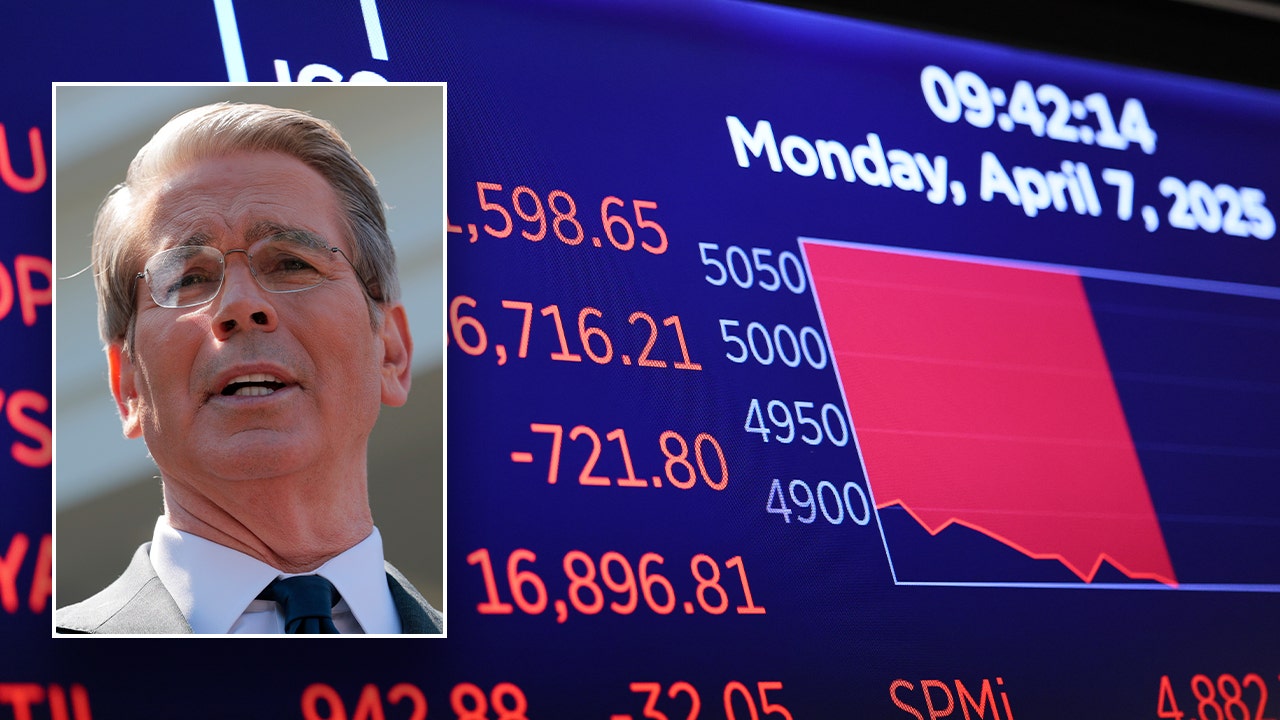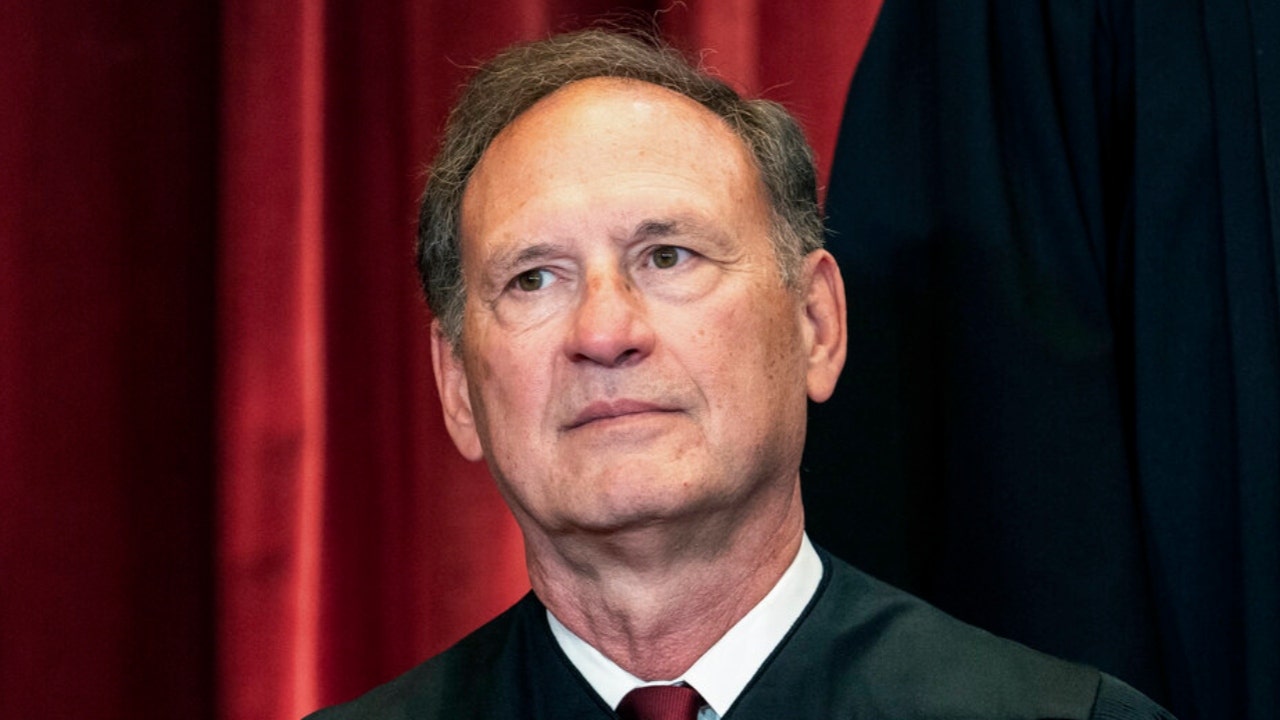Treasury Secretary Scott Bessent denies that tariff pause is due to market declines

Treasury Secretary Scott Bessent has denied that President Trump’s decision to implement a pause on tariffs was a direct response to the recent declines in the financial markets. This move has caused significant concern among investors who are closely monitoring the situation. Bessent’s comments came after the president announced a pause for 75 countries that have shown a willingness to negotiate trade deals with the United States in good faith. Concurrently, the Trump administration also increased tariff rates on Chinese goods to 125% in response to China’s retaliatory tariffs following Trump’s recent tariff increase.
Bessent clarified that the tariff pause was part of the president’s overall strategy and was not a knee-jerk reaction to market declines. He emphasized the need for a bespoke approach in negotiating trade deals and highlighted the President’s personal involvement in the process. When questioned about the impact of market volatility on the tariff pause, Bessent attributed it to a processing issue rather than a direct response to market fluctuations.
In a press briefing, Bessent addressed concerns about the bond market, stating that the current information did not indicate a significant downturn. President Trump also downplayed the market volatility, describing the bond market as “beautiful” and emphasizing the need for flexibility in dealing with economic challenges.
Despite the recent market fluctuations, stocks rallied on Wednesday following Trump’s announcement of the tariff pause. The S&P 500 experienced its best performance since 2008, signaling a positive response to the administration’s trade policies. Trump urged Americans to remain resilient in the face of market uncertainties, pointing to the influx of trillions of dollars into the U.S. economy as evidence of the plan’s success.
The White House refrained from commenting on the matter, and Fox News’ Michael Dorgan contributed to the report. Overall, the administration’s strategic approach to trade negotiations and market challenges underscores the importance of a measured and calculated response to economic uncertainties.




